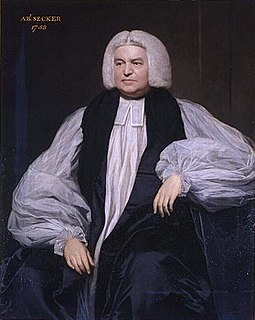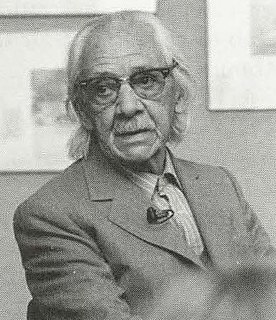A Quote by Oliver Goldsmith
The way to acquire lasting esteem is not by the fewness of a writer's faults, but the greatness of his beauties, and our noblest works are generally most replete with both.
Related Quotes
It is dangerous to explain too clearly to man how like he is to the animals without pointing out his greatness. It is also dangerous to make too much of his greatness without his vileness. It is still more dangerous to leave him in ignorance of both, but it is most valuable to represent both to him. Man must not be allowed to believe that he is equal either to animals or to angels, nor to be unaware of either, but he must know both.
Our generation grew up with the Review as a fact of life. It was America’s literary magazine. To our minds, it still is. It has launched our favorite writers. It has made a special claim for the quarterly as such, being both timely and lasting, free of the news of the day or the pressure to please a crowd. Most of all, the Review has shown, repeatedly, that works of imagination can be as stylish and urgent as the flashiest feature reporting, and can do more to refocus our picture of the world.
There are degrees of loneliness, ways in which the experience of loneliness deepens, becomes something like what we might call a way of life. This way of life is both what is most damaging to us as a culture, and, paradoxically, contributes to its richness. It may in the end be our lasting contribution to the life of our planet.
Whoever would entitle himself after death through the merits of his Redeemer, to the noblest of rewards, let him serve God throughout life in this most excellent of all duties, doing good to our brethren. Whoever is sensible of his offences, let him take this way especially of evidencing his repentance.
The Greek word euphuia, a finely tempered nature, gives exactly the notion of perfection as culture brings us to perceive it; a harmonious perfection, a perfection in which the characters of beauty and intelligence are both present, which unites "the two noblest of things" - as Swift most happily calls them in his Battle of the Books, "the two noblest of things, sweetness and light."
Mr. Brown had thought of nothing but numbers. He should have known that the kingdom of God did not depend on large crowds. Our Lord Himself stressed the importance of fewness. Narrow is the way and few the number. To fill the Lord's holy temple with an idolatrous crowd clamoring for signs was a folly of everlasting consequence. Our Lord used the whip only once in His life - to drive the crowd away from His church.
All men naturally desire knowledge. An indication of this is our esteem for the senses; for apart from their use we esteem them for their own sake, and most of all the sense of sight. Not only with a view to action, but even when no action is contemplated, we prefer sight, generally speaking, to all the other senses. The reason of this is that of all the senses sight best helps us to know things, and reveals many distinctions.







































